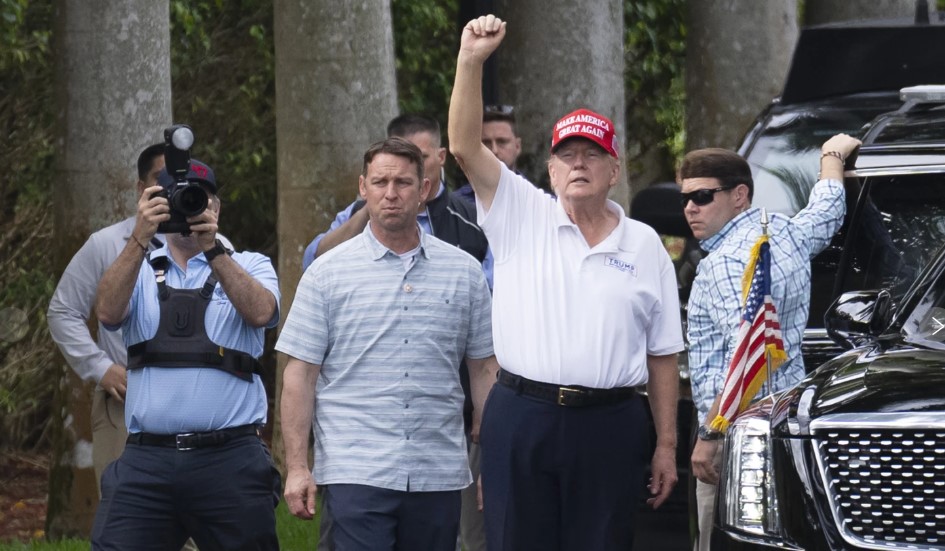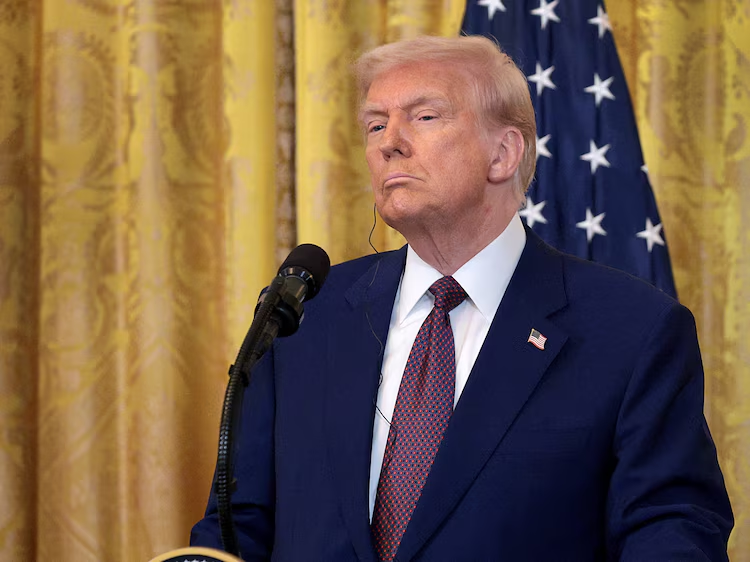Months into his first term, former President Donald Trump was frustrated with the growing Russia investigation. He told White House Counsel Don McGahn to make sure Special Counsel Robert Mueller was fired.
“Mueller has to go,” Trump reportedly said. “Call me back when you do it.”
However, McGahn ignored the request, and Trump never brought it up again. This was common during Trump’s first presidency—officials often softened or ignored his most extreme demands, and he didn’t always push back.
This time, things are different. Trump, now in his second term, is determined to take full control of his administration. He has surrounded himself with loyalists who will carry out his plans without hesitation. His team is blocking funding for programs backed by former President Joe Biden and taking aggressive steps to reshape the government.
One major target is the Consumer Financial Protection Bureau (CFPB), which protects Americans from financial fraud. Trump’s team has effectively shut it down and even set up a tip line for people to report unauthorized actions by staff. Trump has also removed all board members from the Kennedy Center for the Performing Arts and made himself chairman.
Trump believes his first term was undermined by the “deep state”—a term his allies use to describe career government officials. Now, he is cutting the federal workforce with the help of billionaire Elon Musk.
“Donald Trump hasn’t changed,” said historian Timothy Naftali. “He’s just angrier, more determined, and more effective.”
Trump’s influence extends to the Justice Department, which investigated him both during and after his first presidency. Federal prosecutors charged him twice, but those cases were dropped after he won re-election since sitting presidents cannot be prosecuted. Now, Trump has placed his former defense attorney, Emil Bove, in a key leadership role.
Last week, Bove ordered prosecutors to drop corruption charges against New York City Mayor Eric Adams, arguing that Adams needed to focus on helping Trump enforce stricter immigration policies. Several prosecutors resigned in protest, and a court hearing is scheduled.
Trump has also taken steps to support his allies. On his first day back in office, he pardoned about 1,500 people, including those involved in the January 6 Capitol riot. The FBI is now investigating agents who handled those cases, and those accused of acting with “corrupt intent” could face consequences.
Trump has also aggressively removed diversity, equity, and inclusion (DEI) programs, warning government employees against using vague language to hide such initiatives.
Unlike his first term, Trump is making sure his orders are carried out. His approach is clear: This time, he will not be ignored.


